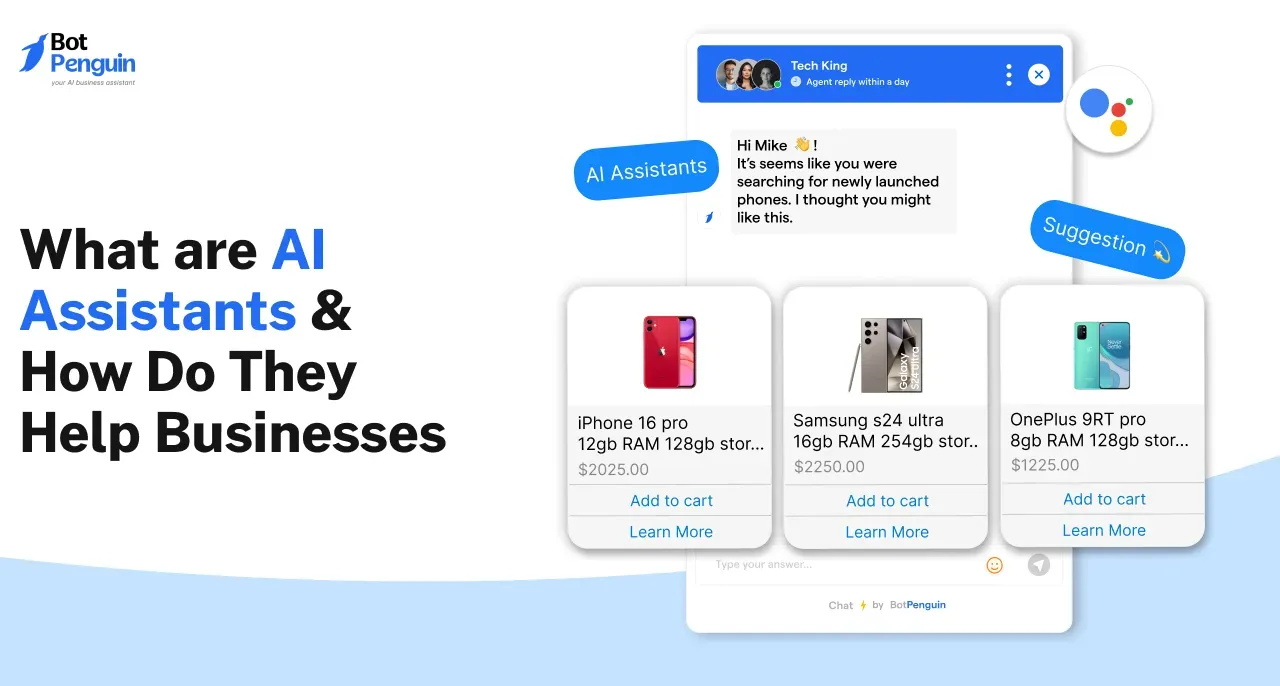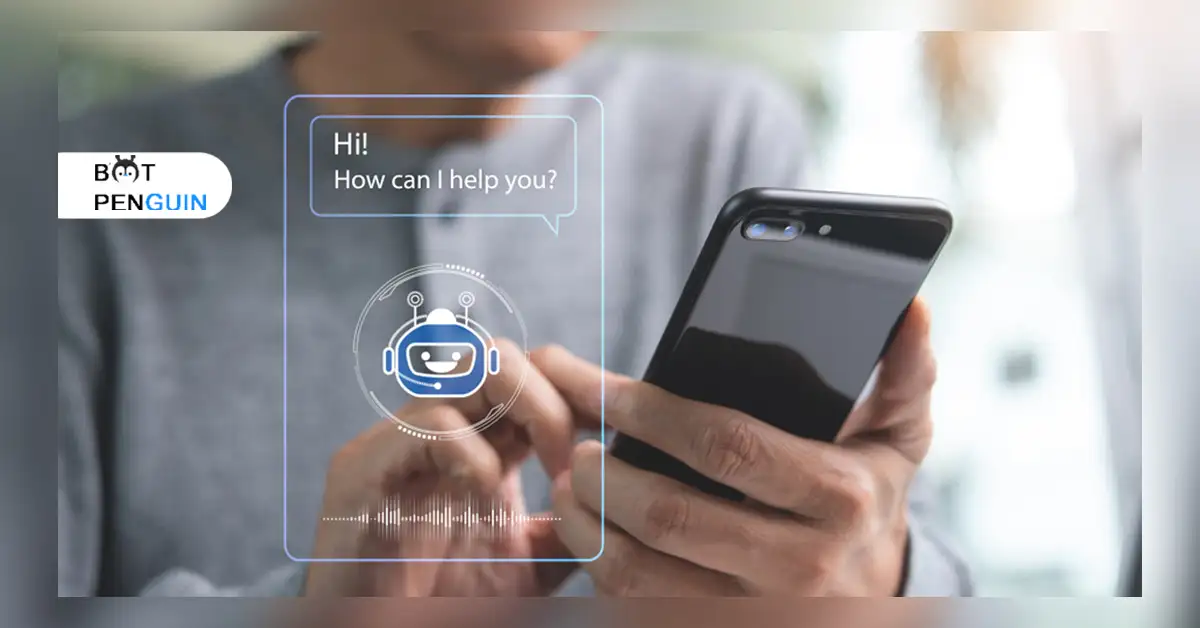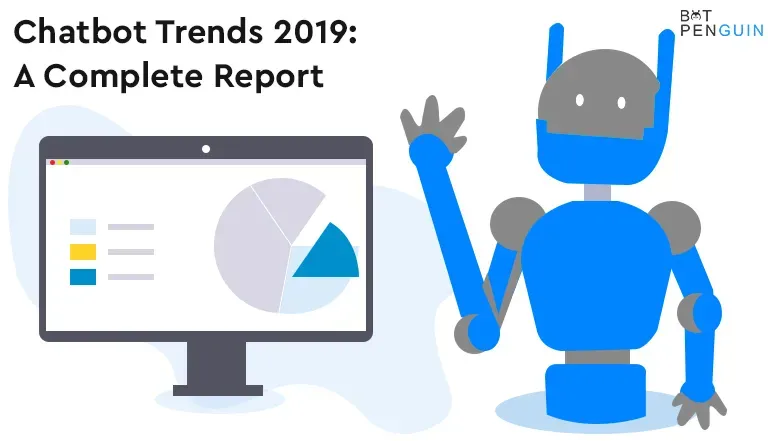The rise of artificial intelligence has transformed the way we communicate with technology. Chatbots have become increasingly popular as they provide a way for businesses to automate customer interactions and reduce costs. However, many chatbots lack the flexibility and customizability required for more complex tasks. That's where ChatGPT.com comes in.
ChatGPT.com is a web-based application that uses artificial intelligence to generate natural language responses to user inputs. It is powered by GPT-3, one of the most advanced language models in the world, and can be used for a wide range of applications, from writing assistance to customer service. Unlike traditional chatbots, ChatGPT.com can be customized to suit a wide range of use cases, making it a powerful tool for businesses and individuals alike.
In this article, we'll explore the unique features of ChatGPT.com, including its ability to generate sophisticated and natural-sounding language, its customizable responses, and its ease of use. We'll also examine how it differs from the ChatGPT Chatbot and explore some of the key use cases for this exciting new application.
What is ChatGPT.com?
ChatGPT.com is a web-based application that uses a language model called GPT (Generative Pre-trained Transformer) to generate human-like text. GPT is a deep learning algorithm that has been trained on a massive dataset of text, allowing it to understand and generate natural language. ChatGPT.com provides users with a user-friendly interface for interacting with the GPT model, allowing them to generate
How is ChatGPT.com different from ChatGPT Chatbot?
ChatGPT.com and ChatGPT Chatbot are both products of OpenAI, but they differ in several ways.
ChatGPT.com is a web-based application that can be accessed through a browser. It offers a variety of features, including the ability to customize the output style, fine-tune the model, and export the generated content. It is designed to provide users with a more sophisticated and flexible platform for text generation and conversation.
On the other hand, ChatGPT Chatbot is a standalone bot that is typically integrated into other platforms, such as messaging apps or customer support portals. It has some limitations, including its output being limited to the platform it is integrated with, and it may not be as customizable as ChatGPT.com.
One of the key differences between ChatGPT.com and ChatGPT Chatbot is the level of control users have over the output. With ChatGPT.com, users have greater control over the output, including the ability to customize the output style and fine-tune the model. ChatGPT Chatbot, on the other hand, may not be as customizable, and its output may be limited to predefined responses.
Another difference between the two is their target audience. ChatGPT.com is designed for a broader audience, including writers, marketers, and content creators who require more control over the output. ChatGPT Chatbot, on the other hand, is more suitable for businesses that require a simple and straightforward chatbot for customer support or FAQ bots.
Features of ChatGPT.com
ChatGPT.com offers a variety of features that set it apart from ChatGPT Chatbot:
- Customizable output style: ChatGPT.com allows users to customize the output style to match their needs. Users can choose from different styles, such as casual, professional, or poetic, and even customize the output further with additional options.
- Fine-tune the model: ChatGPT.com allows users to fine-tune the model to produce output that better matches their requirements. Users can provide their own training data, adjust the model parameters, and even control the temperature of the output.
- Export generated content: With ChatGPT.com, users can export the generated content in different formats, such as text, PDF, or HTML. This feature makes it easy to use the generated content in different applications or platforms.
- Multiple input options: ChatGPT.com offers users multiple input options, including text, voice, and image. This feature enables users to generate content based on different types of inputs.
Limitations of ChatGPT Chatbot
ChatGPT Chatbot has some limitations that are not present in ChatGPT.com:
- Limited output customization: ChatGPT Chatbot may not be as customizable as ChatGPT.com. Its output may be limited to predefined responses, and it may not be possible to customize the output style.
- Limited integration options: ChatGPT Chatbot may not integrate with all platforms or applications. Its output may be limited to the platform it is integrated with, and it may not be possible to export the generated content.
- Limited training data: ChatGPT Chatbot may not have access to the same level of training data as ChatGPT.com. This may affect the quality of the output, especially when dealing with complex inputs or situations.
Use cases of ChatGPT.com
- Content creation: ChatGPT.com can help content creators generate ideas for blog posts, social media posts, and other types of content. Its customizable output style and fine-tuning options make it easier to generate content that matches the tone and style of the brand.
- Marketing: ChatGPT.com can be used to generate marketing copy, such as ad copy or product descriptions. Its fine-tuning options and ability to customize the output style make it an excellent tool for generating marketing content that resonates with the target audience.
- Language learning: ChatGPT.com can be used as a language learning tool, especially for practicing writing and conversation skills. Its ability to generate output based on different types of inputs, including voice and image, make it an excellent tool for language learners.
- Customer support: ChatGPT.com can be used to generate responses to common customer queries or to provide basic customer support. Its customizable output style and fine-tuning options make it easier to generate responses that match the brand's tone and style.
Conclusion
ChatGPT.com and ChatGPT Chatbot are both products of OpenAI, but they differ in several ways. ChatGPT.com is a web-based application that offers more customization options and flexibility, while ChatGPT Chatbot is a standalone bot that may be more limited in its output customization and integration options.
ChatGPT.com offers a variety of features, including customizable output style, fine-tuning the model, exporting generated content, and multiple input options. These features make it a versatile tool that can be used for a variety of use cases, including creative writing, content creation, marketing, language learning, and customer support.
While ChatGPT Chatbot has some limitations, such as limited output customization and integration options, it may still be suitable for businesses that require a simple and straightforward chatbot for customer support or FAQ bots.
In summary, both ChatGPT.com and ChatGPT Chatbot offer unique features and benefits, and the choice between the two will depend on the specific needs and requirements of the user. Regardless of which one is chosen, both products offer a powerful AI-based tool for text generation and conversation.



